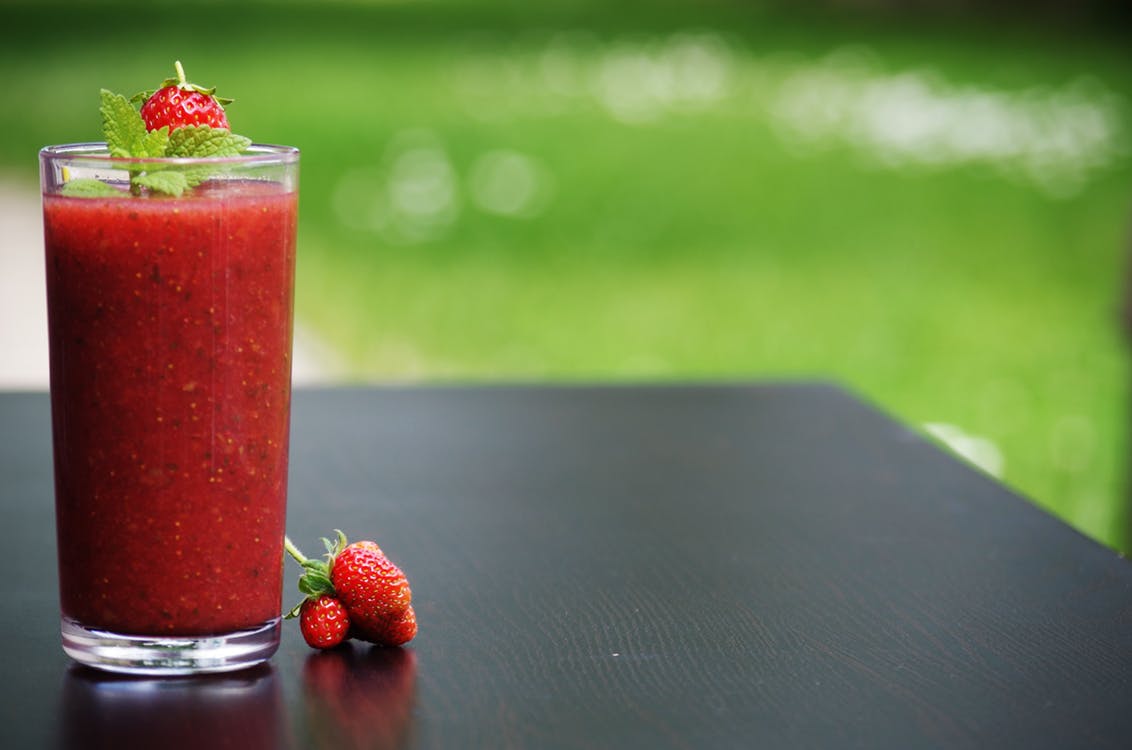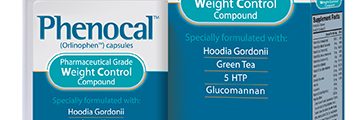Juicers were once a fad. Most kitchens have a blender, so homeowners didn’t see the need. But, juicers serve different purposes. Juicers are more powerful than blenders and produce more benefit.
You won’t make a margarita in your juicer, but you may use it to produce the lime juice you need. Serious organic chefs and parents wanting to optimize their children’s’ nutrition use juicers to draw the juice and nutrients from fruits and vegetables.
- What’s in it for me? Good nutrition improves your health. You want the juicer to retain the valuable nutrients when you juice the usual citrus. But it should also handle coarse vegetables like carrot greens, cabbage, celery, and kale.
Katherine Zeratsky, R.D., L.D. of Mayo Clinic suggests, “if you don’t enjoy eating fresh fruits and vegetables, juicing may be a fun way to add them to your diet or to try fruits and vegetables you normally wouldn’t eat.”
- What’s it going to cost me? Quality juicers may be more expensive than most blenders. It pays for itself in terms of out-of-pocket expenses and improved nutrition. Durability and ease of use may help you decide.
Price will reflect the brand, guarantees, and the quantity and quality of the output. If you just an occasional juicer, you might be happy with the lower-priced options, but if you want a reliable and large juicing result daily or several times a day, you will appreciate the investment in higher-end models. Good centrifugal juicers will run you around $100. You can find masticating juicers in the low $100 range, but the serious juicers may invest upwards of $600.
- What kind of juicer do I want? There are basically two types of home juicers so you want to consider the benefits of a masticating vs centrifugal juicer:
- Centrifugal Juicers use special blades to shred whatever you put in the machine. These high-speed juicers dispense pulp separately from the juice. The blades spin like those in a blender on a larger basis. Larger than blenders, centrifugal juicers will handle hearty items like whole apples. And, they work quickly so you can juice for breakfast when everyone’s on the go.
- Masticating Juicers are powerful appliances able to milk nuts and prepare baby food. There are no blades; rather, the masticating juicers crush and press the food. Because the material does not spin into a froth and foam, the food retains more nutrition and fibre. While masticating juicers are quieter than centrifugal ones, they take up much more counter space.
- What should I look for? You might begin with a low-priced centrifugal juicer to see if juicing is for you. If you want to squeeze nutrition from leafy greens, hard fruits, fine greens, and herbs, you will want the masticating juicer. Juicers do a better job of preserving the nutrients if the machine has a low speed.
You’ll also want a machine that assembles and cleans easily, one that makes minimum noise and takes up less room. And, if you are making a price-driven decision, you should consider the price of accessories.
Is it juicing for you?
Forbes magazine notes, “Millennials and the modern age are less obsessed with fad diets and extreme workout regimens—and more aware of implementing healthy decisions into everyday life.” Juicing can strengthen those decisions.








Show Comments (0)